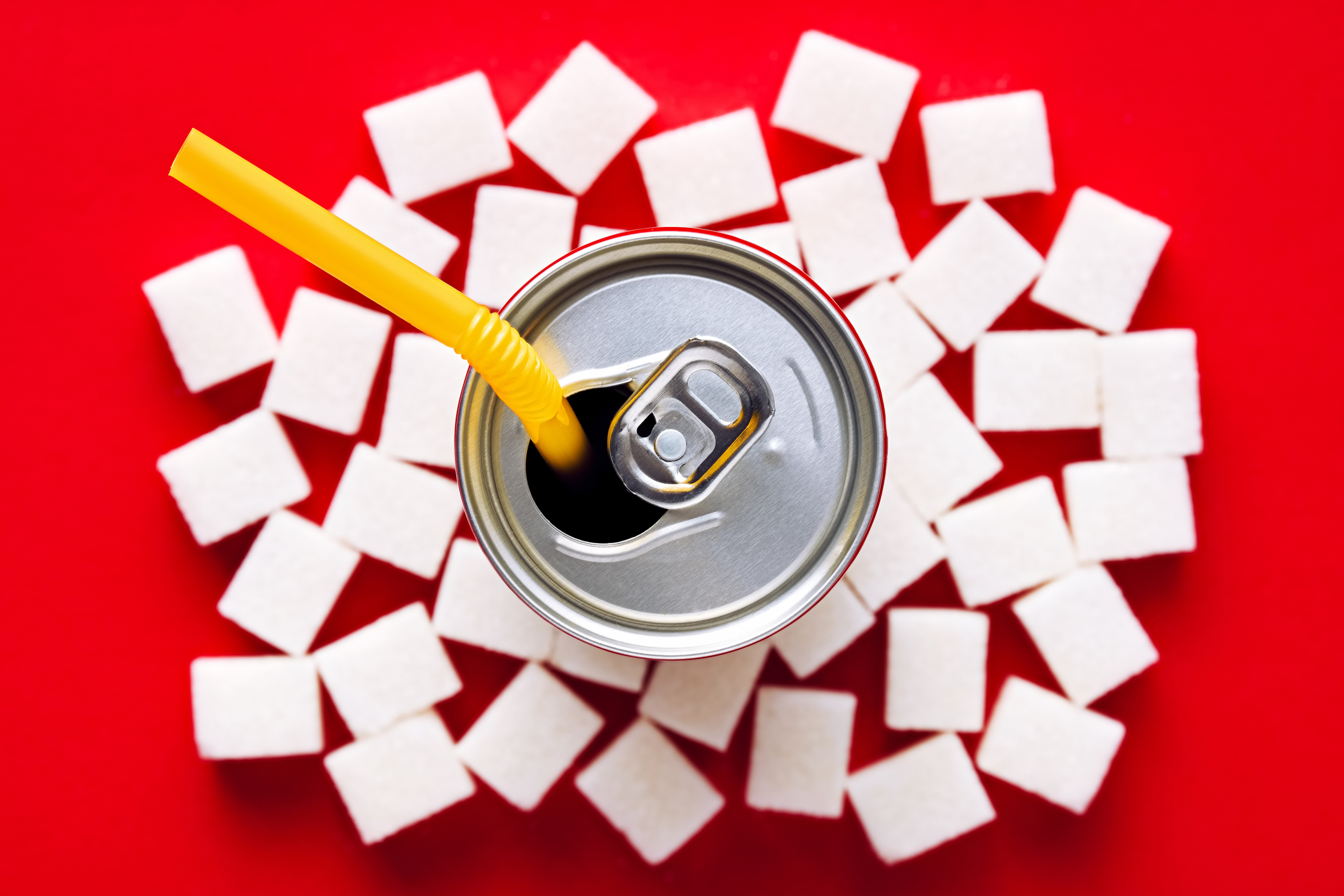Five Everyday Foods That Can Sneakily Trigger Depression-Like Symptoms
Allow us to set the stage with sugar, one subversive perpetrator. This sweet commodity has become a staple in so many foods we consume every day, from breakfast cereals to fast foods. Yet, its impact on our mental health is far from benign. Research from the University of Kansas shows that high sugar intake can lead to a wide range of psychological symptoms, particularly depression. By causing inflammation in certain parts of the brain responsible for regulating mood, sugar can undermine your emotional stability.
Not only that, but a diet high in sugar can also lead to excessive caloric consumption and, thus, weight gain. This spirals into reduced physical activity – a vital tool in combating depressive symptoms.
Empty Threat: Refined Carbohydrates

Moving to another commonly consumed but potentially harmful item – refined carbohydrates. These are found in many forms such as white bread, pasta, and pastries. Alarming research from Columbia University reveals that a regular diet of refined carbohydrates could be linked to depression, particularly in post-menopausal women.
Refined carbohydrates cause abrupt spikes and plummets in our blood sugar levels, leading to mood swings and fatigue - commonplace symptoms we associate with depression. By swapping these out for foods packed with complex carbs like whole grains, we might just be able to keep those low moods at bay.
The Invisible Enemy: Artificial Sweeteners

Slide 3 takes us through the invisible enemy present in our diet. Artificial sweeteners, marketed as a healthy alternative to sugar, aren't as innocent as they might seem. These substances can truly play tricks on our body. A study published in PLOS ONE linked the consumption of artificial sweeteners to an increased risk of depression.
Aspartame, one of the commonly used artificial sweeteners, can change the chemical balance within our brain by lowering the production of serotonin – a neurotransmitter linked predominantly with feelings of well-being and happiness. In this way, your diet soda might pull the trigger on depressive symptoms.
The Hidden Aggressor: Processed Meat

Slide 4 focuses on processed meats. Regular consumption of processed meats like bacon, sausages, and ham can make us feel blue, according to research from the University of Innsbruck. Processed meats are high in nitrates, preservatives that can affect our mental well-being by altering the gut bacteria, which play a massive role in mood regulation.
Recognizing how our gut health ties into our mental wellbeing can help us make dietary choices that support both physical and emotional health.
Saturated in Sadness: Trans Fats

In Slide 5, we uncover trans fats, most commonly found in fast foods, packaged snacks, and baked goods. Yale University research demonstrated that ingestion of trans fats could lead to emotion dysregulation, thereby inducing symptoms of depression. This is because trans fats increase LDL (“bad”) cholesterol and decrease HDL (“good”) cholesterol, leading to inflammation and oxidative stress, known contributors to depression.
By understanding the under-discussed impact of trans fats, we can aim for a more balanced diet that fosters, not hinders, our mental health.
Alcohol: The Double-Edged Sword

Our final slide presents a well-known but often overlooked substance - alcohol. Alcohol, although not a "food," is a significant part of many diets around the world. While a glass of wine or beer can often seem a good way to chase a bad day away, research from the University of Cambridge suggests that the opposite is true, with heavy drinking linked to higher depression rates.
Alcohol depresses the central nervous system, altering chemical pathways in the brain and affecting mood regulation. Understanding this relationship can encourage moderate and responsible alcohol consumption.